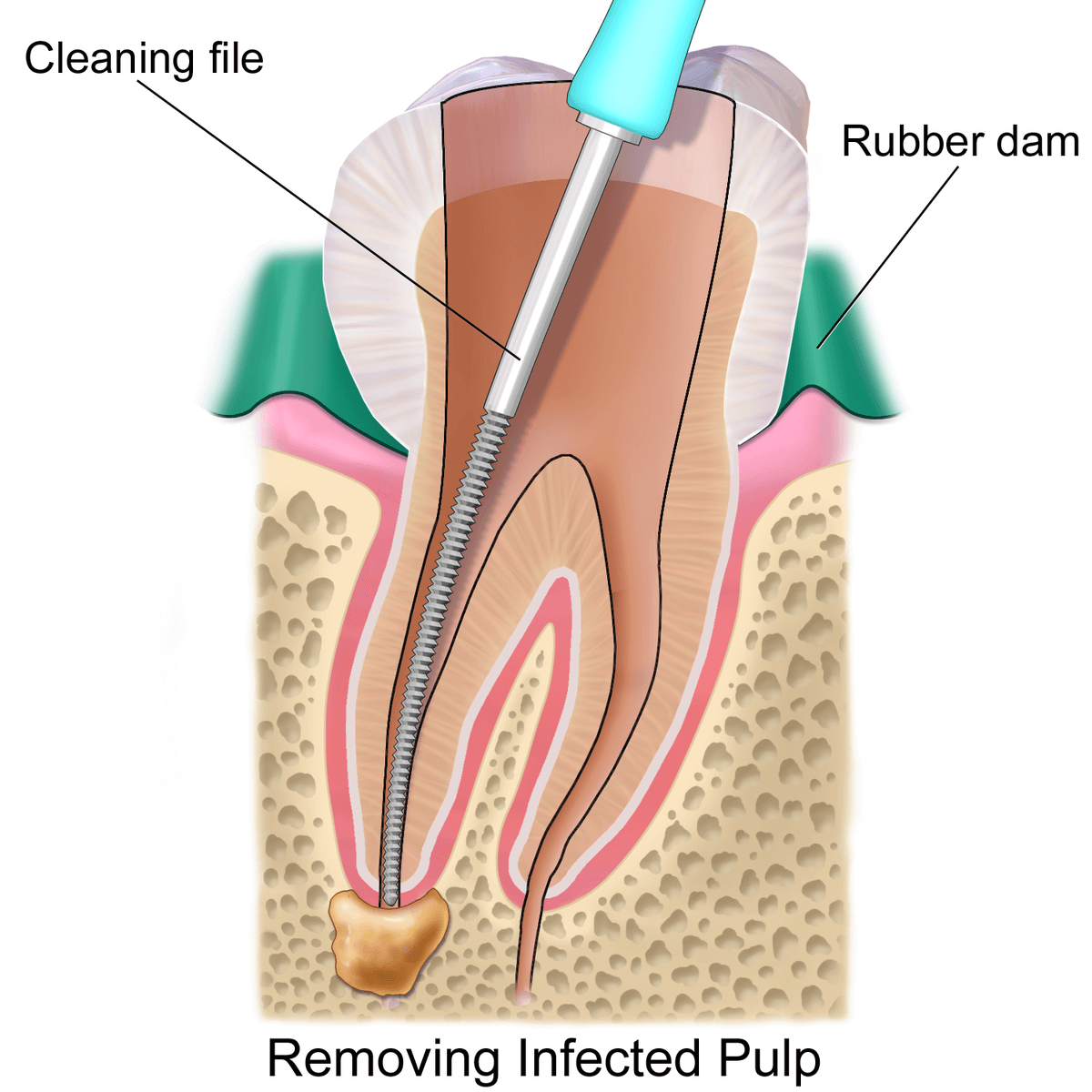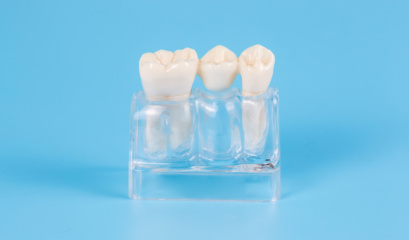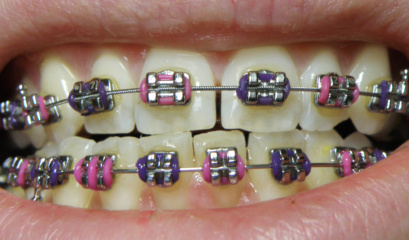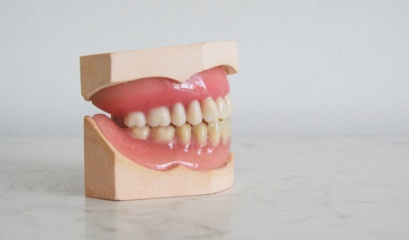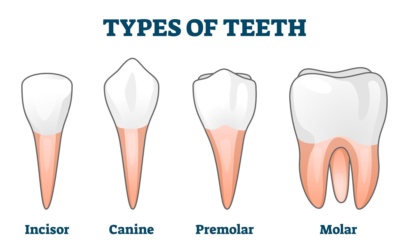Root canals, also known as endodontic therapy, have long been a source of anxiety for patients, but with the right information and understanding, the procedure can be a relatively straightforward and comfortable experience. In this blog, we will cover everything from what a root canal is and why it’s necessary, to the different types of root canals, the latest techniques and technology used, and what to expect during and after the treatment. Whether you’re facing a root canal or just looking to learn more, this guide is here to help.
If you are searching for a teeth whitening dentist in Shepparton who will care for your oral health needs, visit us at Knight Street Dentists. Contact us today to book an appointment.
What is a root canal?
A root canal is a dental procedure that involves the removal of infected or damaged pulp inside of a tooth (the soft tissue inside the tooth that contains nerves and blood vessels). The canals are then cleaned, disinfected, and filled with a material, often a rubber-like material called gutta-percha. The tooth is then sealed with a filling or crown to prevent reinfection. The procedure is done to save a damaged or infected tooth that would otherwise need to be removed. The main goal of root canal therapy is to eliminate infection and inflammation and preserve the tooth.
Sounds scary!
Do root canals hurt?
Many people may have heard that root canals are painful, but that is not the case. Root canal therapy often alleviates pain caused by an infected or impacted tooth.
During the procedure, a local anaesthetic is used to numb the area around the tooth, so the patient will not feel any pain. Some patients may experience mild discomfort or pressure during the procedure, but this should be manageable. After the procedure, some patients may experience mild soreness or sensitivity, but this can usually be managed with over-the-counter pain medication.
Signs you need root canal
Several signs and symptoms may indicate that you need a root canal. These include:
- Severe toothache or pain when biting or chewing
- Sensitivity to hot or cold temperatures
- Swelling or tenderness in the gums near the affected tooth
- Darkening of the tooth
- Small bumps (pimples) on the gums near the affected tooth
- Persistent bad breath or bad taste in the mouth
If you are experiencing any of these symptoms, it’s important to see a dentist as soon as possible. They will examine your teeth and gums and may take X-rays to determine if a root canal is necessary. In some cases, the dentist may refer you to an endodontist, who is a specialist in treating problems with pulp and root canals.
It’s important to note that not everyone who needs a root canal will experience pain or discomfort. In some cases, damage to the pulp can occur without any noticeable symptoms, so regular dental checkups and X-rays are important in identifying potential issues early on.
How long does a root canal take?
How long a root canal procedure takes depends on the tooth being treated and the severity of the case. However, in general, the procedure can take anywhere from 30 to 60 minutes.
How much does a root canal cost in Australia?
On average, the cost of a root canal in Australia can range from $900 to $4000. It’s always best to consult with a dentist to get a more accurate quote.
The cost in Australia can vary depending on several factors, such as the type of tooth that needs the procedure (for example a molar is more expensive on average than an incisor), and whether the patient has dental insurance.
How long does a root canal last?
A root canal can last for many years, even a lifetime if properly taken care of. However, there is no definitive answer to how long it will last, as it can vary depending on various factors such as the overall health of the tooth, the patient’s oral hygiene and general health, and the skill of the dentist performing the procedure. On average, a root canal procedure can last anywhere from 10 to 20 years. It is important to continue to practice good oral hygiene and have regular dental check-ups to maintain the longevity of your root canal.
What to expect after your root canal procedure
After a root canal procedure, it is normal to experience some discomfort in the area where the procedure was done. This can usually be managed with over-the-counter pain medication. It’s also common to have some mild swelling in the area, which can also be managed with a cold compress.
Your dentist will likely provide you with specific instructions on how to care for the treated tooth, including how to manage any pain or discomfort you may be experiencing. It is important to follow the aftercare instructions provided by your dentist and avoid biting or chewing on the treated tooth for a few days. You will be scheduled for a follow-up visit with your dentist to check on your recovery and the healing of the treated tooth.
How to avoid needing a root canal
To avoid needing a root canal, it is important to practice good oral hygiene by brushing and flossing regularly, avoiding sugary and acidic foods, and visiting a dentist for regular check-ups and cleanings. If a tooth is causing pain or discomfort, it is important to see a dentist as soon as possible to address the issue before it becomes severe. Additionally, avoiding habits such as teeth grinding and using tobacco products can also help prevent the need for a root canal.
If you live in the Shepparton area and are after a root canal treatment, contact us today.



